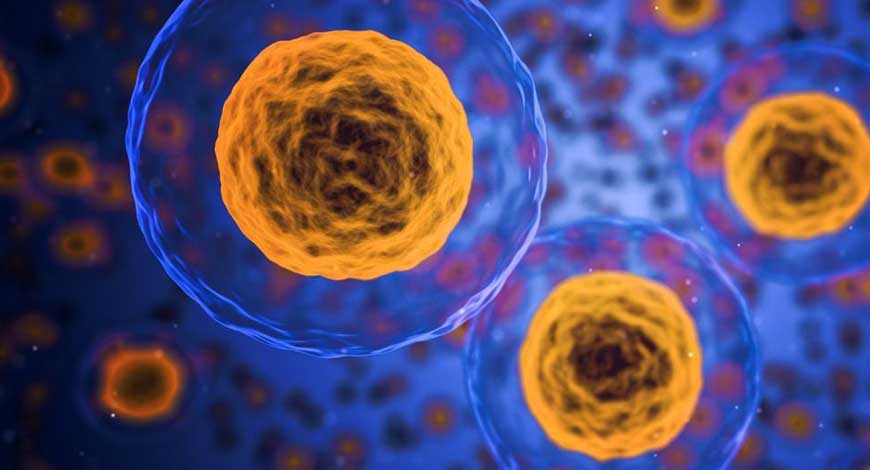Trends
Scientists alter human cells to produce insulin

In a major breakthrough that could be a significant development in the treatment of type 1 diabetes, scientists have successfully altered the human cells to produce insulin in response to rising blood sugar levels in the body. In a positive development, the new cells reversed diabetes in mice.
By utilising cutting-edge genetic engineering techniques, the researchers from Weill Cornell Medicine in the United States, have successfully hacked human cells to produce insulin.
Diabetes, a chronic disorder affecting millions worldwide, occurs when the body fails to produce or effectively utilise insulin, a hormone crucial for regulating blood sugar levels. Traditional treatments for diabetes primarily involve insulin injections, but these methods are often cumbersome and can lead to various complications. Therefore, the recent development holds immense promise for revolutionising diabetes treatment.
“The stomach makes its own hormone-secreting cells, and stomach cells and pancreatic cells are adjacent in the embryonic stage of development, so in that sense, it isn’t completely surprising that gastric stem cells can be so readily transformed into beta-like insulin-secreting cells,” says Joe Zhou, an associate professor of regenerative medicine at Weill Cornell Medicine in New York.
The success of this experimental treatment holds immense promise for humans suffering from diabetes. Not only could it eliminate the need for regular insulin injections, but it also addresses the underlying cause of the disease. By hacking the cells to produce insulin naturally, Zhou’s research offers a potentially long-lasting and a more sustainable solution to diabetes management.
In the study published in Nature Cell Biology, the researchers established that stem cells obtained from human stomach tissue can be reprogrammed directly — with strikingly high efficiency — into cells that closely resemble pancreatic insulin-secreting cells known as beta cells. Transplants of small groups of these cells reversed disease signs in a mouse model of diabetes.
While the findings in mice are undoubtedly ground-breaking, further research and clinical trials are required to determine the safety and efficacy of this approach in humans. The way to translate these results into a viable treatment for human patients may still be achieved by reversing diabetes in mice. CNBCTV18












